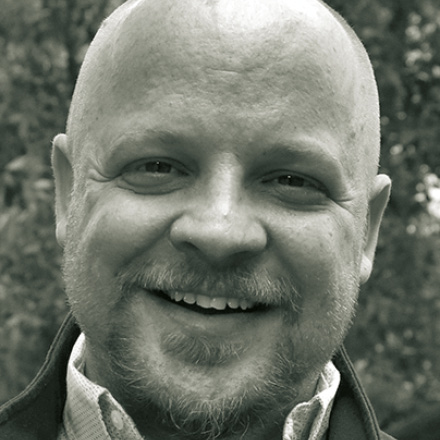South Sudan is sliding into violence once more
The government and opposition are not willing to cooperate in a unity government. Riek Machar, the opposition leader, has fled the capital. He has been replaced as vice-president with another man, who belongs to the same political party as he does, but to the another ethnic group. Like President Salva Kiir, the new vice president is Dinka rather than Nuer, as Machar. Machar had been vice president after independence in 2011 until he fell out with Kiir a few years later. He was reinstated as vice president after last year’s peace agreement.
An obvious reason for the peace-process failure is that important South Sudanese leaders never really backed the deal. One of them is the head of the armed forces, Paul Malong, who is also Dinka. Some consider him “the true power behind the Salva Kiir’s presidential throne”. Moreover, the Jieng Council of Elders”, an influential group of Dinka politicians, opposed the peace deal.
The sad truth is that signing peace agreements don’t necessarily lead to peace. Psychological issues also play a role – and even the crucial one in a country where people and leaders alike are used to armed conflicts more than to resolving conflicts peacefully.
The people are haunted by violence. Amnesty International recently published a report called “Our Hearts have gone dark”, on the mental health impacts of South Sudan’s decades of strife. It is based on interviews with internally displaced persons (IDPs). It is not surprising that many people suffer from post-traumatic stress disorder(PTSD). In some places where IDPs live, it was found that more than half of the people suffer from PTSD. Outbursts of violence are not unusual among PTSD-affected persons.
The African Union Commission of Inquiry on South Sudan (AUCISS) noted in another report that “trauma appears to be a key consequence of the conflict”. However, there is no help in sight: In the whole country, there are only 12 beds in a psychiatric ward available, and only two practising psychiatrists.
The mindset of the leaders also matters. They have learned to survive in the very difficult circumstances of guerrilla warfare, but not to build institutions. They always believed to be fighting for important causes such as the freedom of their nation and justice. But those lofty ideals did not mean much in practice. Lengthy debate and deliberation to accommodate diverging interests by finding compromise and consensus were not on the agenda. They are needed to run a country prudently however.
In the experience of militia leaders, power always comes from gun barrels. I’m referring to Mao Zedong of course, who was a militia leader himself. He led his Red Army against the enemy, but he also made it execute whoever was believed to be a traitor. A main challenge was always to provide enough food and other supplies for the troops.
The longer a civil war lasts, the more brutalised the leadership becomes. Mao himself was very successful in staying in power and purging opponents from positions of influence. But he failed entirely as far as institutions building and wealth creation were concerned. Tens of millions died under his rule. Only after he was dead, did the Communist Party begin to actually develop the country. Deng Xiaoping, who had been a Red Army leader too, must be admired for developing a vision that went beyond gun barrels and included market-driven prosperity.
South Sudan would now need someone like him. Unfortunately, that kind of leader only rarely emerges from an armed liberation struggle.












